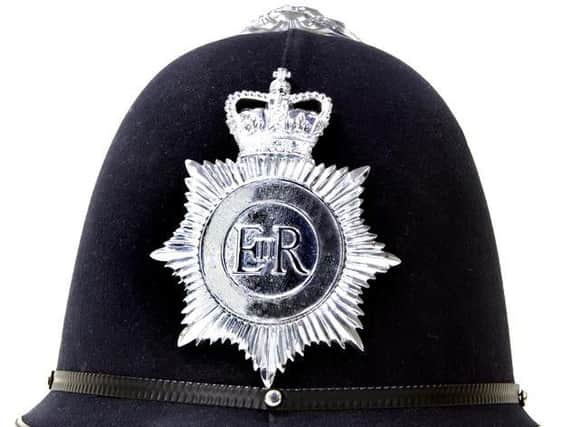BACKGROUND: What is a Police and Crime Commissioner - and what do they do?


We are just one of 41 police force areas across the UK where PCC elections will take place.
But what is a Police and Crime Commissoner? And what do they do?
Here's all you need to know about the role of a PCC...
Advertisement
Hide AdAdvertisement
Hide Ad* Police and crime commissioners are elected officials charged with securing efficient and effective policing of a police area.
* The commissioners replaced the now-abolished police authorities and the first incumbents were elected in November 2012 to serve for three and a half years. However, subsequent PCCs will be elected on four year terms.
* They were created following the 2010 General Election when both the Conservatives and Liberal Democrats announced plans in their manifestos to replace or reform the existing police authorities.
* The core functions of police and crime commissioners are to secure the maintenance of an efficient and effective police force within their area, and to hold the Chief Constable to account for the delivery of the police and crime plan.
Advertisement
Hide AdAdvertisement
Hide Ad* Police and crime commissioners are charged with holding the police fund (from which all policing of the area is financed) and raising the local policing precept from council tax.
* PCCs are also responsible for the appointment, suspension and dismissal of the Chief Constable.
* Shortly after their election to office, a police and crime commissioner must produce a "police and crime plan". That plan must include his or her objectives for policing, what resources will be provided to the Chief Constable and how performance will be measured.
* The PCC is required to produce an annual report to the public on progress in policing.
* In 2012, the Home Office announced that every newly elected police and crime commissioner would be required to swear an "oath of impartiality" before taking office.